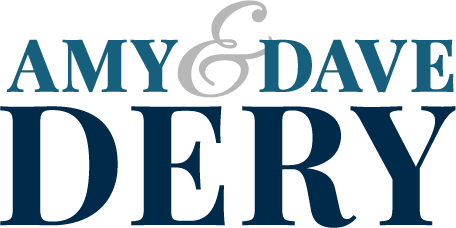WASHINGTON (May 20, 2016) — Despite ongoing inventory shortages and faster price growth, existing-home sales sustained their recent momentum and moved higher for the second consecutive month, according to the National Association of Realtors®. A surge in sales in the Midwest and a decent increase in the Northeast offset smaller declines in the South and West.
Total existing-home sales1, which are completed transactions that include single-family homes, townhomes, condominiums and co-ops, rose 1.7 percent to a seasonally adjusted annual rate of 5.45 million in April from an upwardly revised 5.36 million in March. After last month’s gain, sales are now up 6.0 percent from April 2015.
Lawrence Yun, NAR chief economist, says April’s sales increase signals slowly building momentum for the housing market this spring. “Primarily driven by a convincing jump in the Midwest, where home prices are most affordable, sales activity overall was at a healthy pace last month as very low mortgage rates and modest seasonal inventory gains encouraged more households to search for and close on a home,” he said. “Except for in the West — where supply shortages and stark price growth are hampering buyers the most — sales are meaningfully higher than a year ago in much of the country.”
The median existing-home price2 for all housing types in April was $232,500, up 6.3 percent from April 2015 ($218,700). April’s price increase marks the 50th consecutive month of year-over-year gains.
Total housing inventory3 at the end of April increased 9.2 percent to 2.14 million existing homes available for sale, but is still 3.6 percent lower than a year ago (2.22 million). Unsold inventory is at a 4.7-month supply at the current sales pace, up from 4.4 months in March.
“The temporary relief from mortgage rates currently near three-year lows has helped preserve housing affordability this spring, but there’s growing concern a number of buyers will be unable to find homes at affordable prices if wages don’t rise and price growth doesn’t slow,” adds Yun.
According to Freddie Mac, the average commitment rate (link is external) for a 30-year, conventional, fixed-rate mortgage fell from 3.69 percent in March to 3.61 percent in April, which is the lowest since May 2013 (3.54 percent). The average commitment rate for all of 2015 was 3.85 percent.
Properties typically stayed on the market for 39 days in April (47 days in March), which is unchanged from a year ago but the shortest duration since June 2015 (34 days). Short sales were on the market the longest at a median of 120 days in April, while foreclosures sold in 51 days and non-distressed homes took 37 days. Forty-five percent of homes sold in April were on the market for less than a month — the highest since June 2015 (47 percent).
“Looking ahead, with demand holding steady and supply levels still far from sufficient, the market for entry-level and mid-priced homes will likely continue to be the most competitive heading into the summer months,” says Yun.
The share of first-time buyers was 32 percent in April, up from 30 percent both in March and a year ago. First-time buyers in all of 2015 also represented an average of 30 percent.
